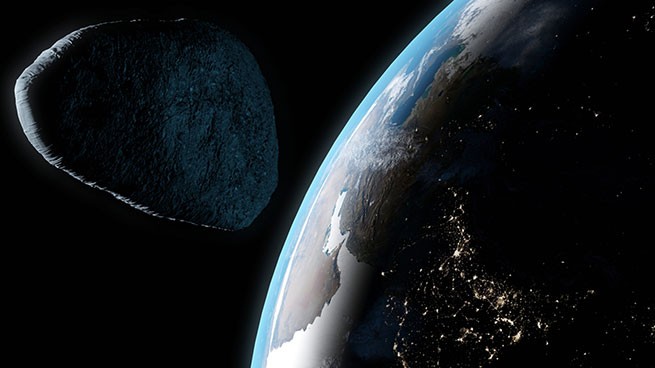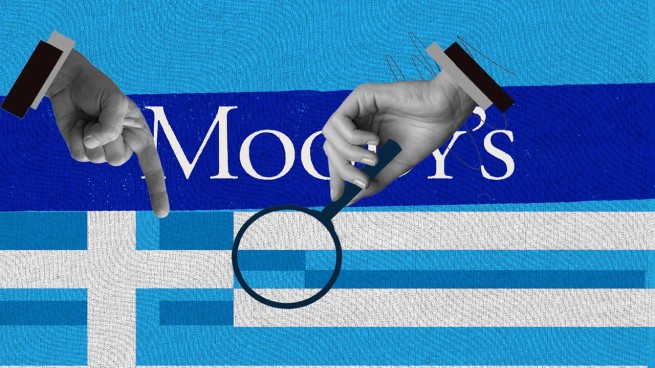Like the names of cities, the names of Greek islands are not accidental. In ancient times there were periods of great geological upheaval, and the naming of “cut-off” landmasses or islands that changed shape also served the need to record these upheavals.
Did you know, for example, that the island of Angistri was once called Kekrifalia, and that is how the ancients understood it to be a “reef”? No name is accidental, and there is a history of how they were invented and what these names mean. Each island has its own past, and its name has its own interpretation.
Paxos
The beautiful Ionian island gets its name from the word “passion”. According to legend, Poseidon, madly in love with the nymph Amphitrite, could only make her his if he gave her her own land, as she asked. So he raised his cosmic trident and cut off a piece of Corfu. The island “broke off” and moved a little further south. And there, on Paxos, Poseidon settled his love.
Folegandros
The island of Cyclades was originally called “Polycandros” because it was densely populated (for those times). Its first settler was Folegandros, son of Minos, who brought a large population of Cretans to the island, at the same time giving it his name.
Andros
Andros or Andreas was a famous seer, so great that Rhadamanthys, the brother of Minos, gave him an island. Rhadamanthys was considered the fairest man in the world, and when he died, he became the judge of the underworld. He decided that the most famous seer of the time was Andros and decided to give him an entire island.
Samos
The island of Samos takes its name from the Mycenaean word “sami” or “samos”, meaning a hill near the coast. The geomorphology of Samos confirms this name, as there are several mountains and hills on the island.
Tinos
The name Tinos comes from the ancient Greek root “tan”, which gave us the word “thanos”, meaning “long”, due to the shape of the island. The word “thanos” can no longer be used, but from this word also comes the word “film” (thenia – “ταινία”).
Naxos
The island of Naxos was called Dias in ancient times because it was the largest of the Cyclades. Thus it took the name of the greatest of the gods. When it was colonized by the hero Naxos, son of Endymion, the lover of the Moon, the hero gave it the appropriate name.
Ithaca
Ithaca got its name from the word “itis” which means straight, long. Long narrow island. “Itis” comes from the characteristic of a fish, as it is also long and narrow.
Zakynthos
Zakynthos was named after the son of Prince Troas, the progenitor of the Trojans. When the Trojan campaign was over, Zakynthos and his people left Troy and settled on the island named after him.
Chios
The island got its name from Chioni, the daughter of Poseidon. When she was born, there was snow on the island, so the child was named after him, and hence the island of Chios. There is another version. When Poseidon arrived on the island, it was deserted and snowed in.
Crete
The island's beloved name means mighty. Crete was the largest island kingdom, and its first guardians were the Curetes, from whom the Cretans got their name.
Kefalonia
Kefalonia, Asos Kefalonia got its name from the hero Cephalus, the first ruler of the island, an Athenian leader and the son of Dionysus. Kefalos, exiled from Athens for some murder, was exiled and settled on the island.
Ikaria
Ikaria got its name from the mythological hero Icarus, who, trying to fly on wax wings, fell into the sea and died. This happened, according to legend, off the coast of the island. Which was later named in his honor. Ikaria is an island of longevity with beautiful beaches and the Greek… Seychelles.







More Stories
"Ig Nobel" 2024 Prize: Drunk Worms, Anal Breathing, Coin Tossing
The oldest map of the world has been deciphered – it is a Babylonian inscription almost 3000 years old
Basic information for parents about the Greek school